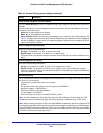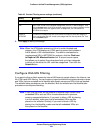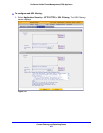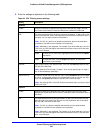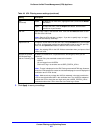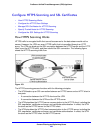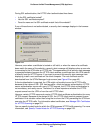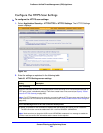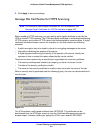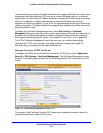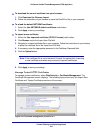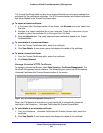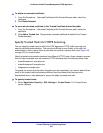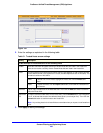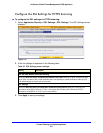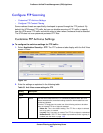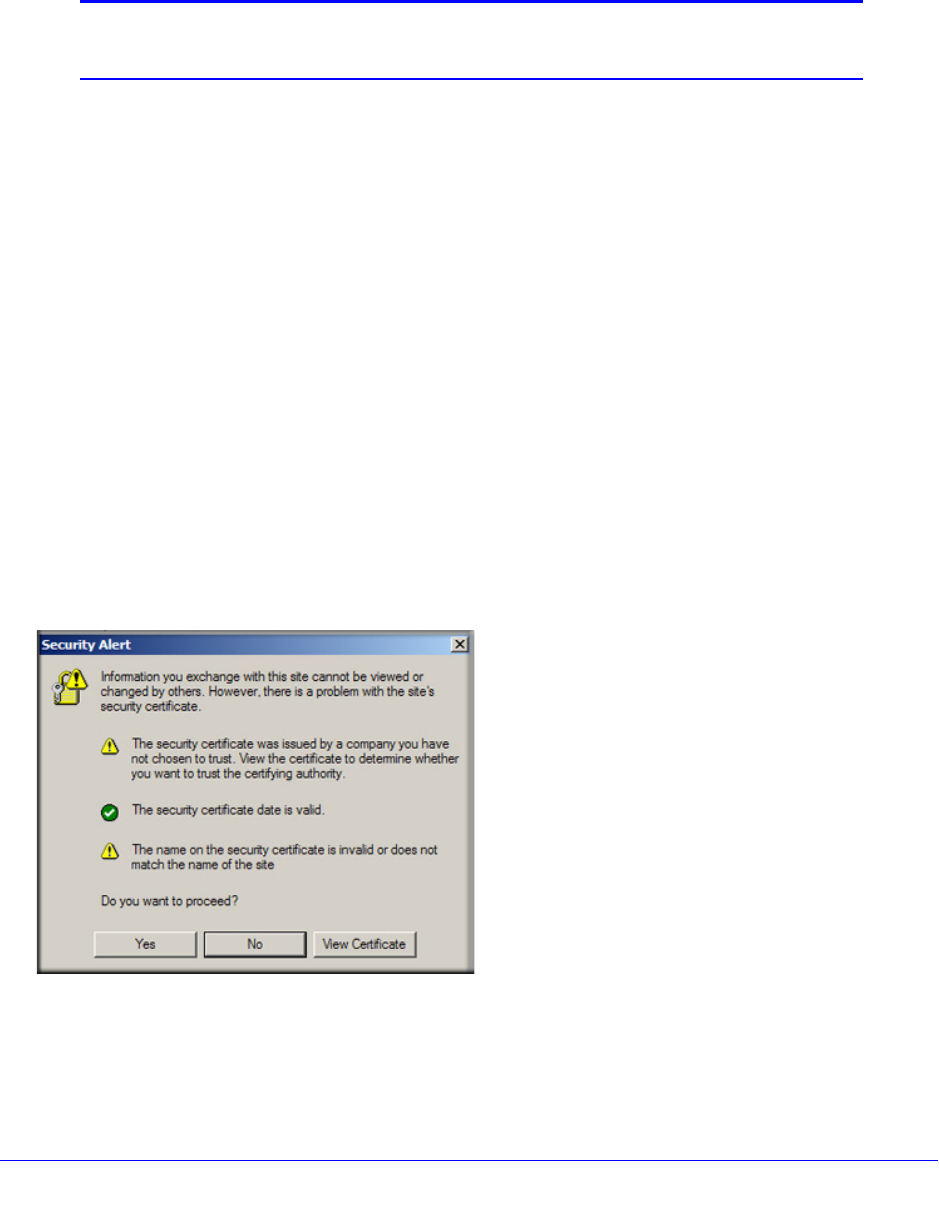
Content Filtering and Optimizing Scans
231
ProSecure Unified Threat Management (UTM) Appliance
3. Click Apply to save your settings.
Manage SSL Certificates for HTTPS Scanning
Note: For information about digital certificates for VPN connections, see
Manage Digital Certificates for VPN Connections on page 419.
Before enabling HTTPS scanning, you can specify which digital certificate is used by the
UTM to handle HTTPS requests. The UTM uses digital certificates to authenticate connecting
HTTPS servers, and to allow HTTPS clients to be authenticated by remote entities. A digital
certificate that authenticates a server, for example, is a file that contains the following
elements:
• A public encryption key to be used by clients for encrypting messages to the server.
• Information identifying the operator of the server.
• A digital signature confirming the identity of the operator of the server. Ideally, the
signature is from a trusted third party whose identity can be verified.
There can be three reasons why a security alert is generated for a security certificate:
• The security certificate was issued by a company you have not chosen to trust.
• The date of the security certificate is invalid.
• The name on the security certificate is invalid or does not match the name of the site.
When a security alert is generated (see the following figure), the user can decide whether to
trust the host.
Figure 126.
The UTM contains a self-signed certificate from NETGEAR. This certificate can be
downloaded from the UTM login screen or from the Certificate Management screen for
browser import. However, before you deploy the UTM in your network, NETGEAR



